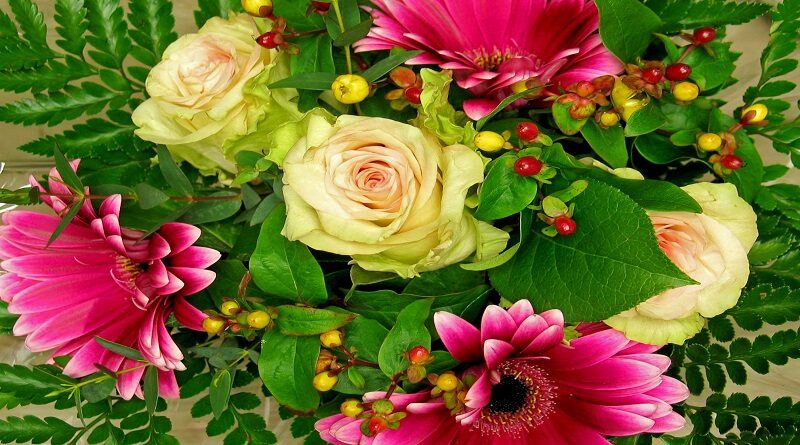Postgraduate courses in Gardening and Floristry
Gardening and floristry can be a very popular hobby for many people but for others, they use their love and passion and turn it into a career.
Let’s be honest, we all love the look of bright flowers and shrubbery in our garden or even receiving a bunch of flowers as a gift. There is something about flowers and plants that is uplifting and gives us a sense of new life, beauty and a love of nature.
If you’re looking to bring your career to new heights in this area thn why not have a look for the perfect postgraduate course you? You can start right here.
Work involved
The day to day duties as a gardener or florist will differ depending on your employment, the company you work for or if you’re working for a client then they will all have specific personal requirements. On average, in this field of work you may work around 40 hours a week, mainly on a set schedule. This area also allows for a lot of part time work. Day to day duties in the area of gardening may include:
- Serve customers
- Fulfill customer requests
- Put together custom orders
- Organize delivery of flowers where relevant
- Arrange flowers
- Pick and cut flowers
- Manage inventory
- Run a business – promotion, advertising, accounts and budgets
- Maintain and grow garden to meet requirements and expectation
- Cut grass
- Manage weed control
- Work with tools
- Advise on cost of plants, equipment and garden necessities
- Write details reports and quotations
- Plant, maintain, feed, nurture trees, flowers and plants
Courses
There are many courses on offer in the area across the UK. Some courses offer the opportunity to study either part time or full time. Universities may have certain restrictions in place due to Covid-19 and may offer courses online. The majority of courses available under this heading are related to landscaping. There are a number of courses available in landscaping of specific areas. Courses available include:
Landscape and Urbanism
Postgraduate courses in landscape and urbanism prepare students for roles in the area and will focus on contemporary landscape and urbanisms projects including green and water infrastructures, resilient and adaptive city strategies and the detailed design of places for people. Other courses available include Landscape Architecture, Architecture, Planning and Landscape, to names few.
Floristry
A master’s course in floristry will allow students to develop their talents as a floral designer, re-invigorate your passion for floristry and develop your already existing skills. Students will take part in hands-on and practical modules which can be chosen from competition, environmental design, colour inspiration, visual floristry merchandising, windows and online and instore, design inspiration, other units such as focusing on weddings and other events as well as the theory involved with all of these areas. These courses are mostly studied part-time, possibly 2-3 days a week.
Entry Requirements
Entry requirements may differ from course to course or university to university. Therefore, it is important to research your specific course in detail to ensure you meet the entry requirements. As these courses are postgraduate courses, you will need a bachelor’s degree. Some courses may accept a 2.2 degree while others will require a 2.1.
Salary
Your salary will depend a lot on who you are working with/for, your experience and the size of the organization you’re working for, if relevant. It is believed the average salary of a florist in the UK is around £26,329. Entry level salaries are closer to £17,000 while experienced florists may earn closer to £48,000. The average salary of a gardener is believed to be around £20,000 or between £8.69 and £11.42 an hour. All figures are based on estimates and are intended to be used as a guide only.
Skills and requirements
Skills and requirements helpful and relevant to this area of work are:
- Strong communication skills
- Attention to detail
- Strong time management skill
- Good organisation skills
- In depth knowledge of flowers and plants
- Excellent interpersonal skills
- Ability to use tools and horticulture machinery where necessary
- Creative
- Customer service skills
- Artistic ability




